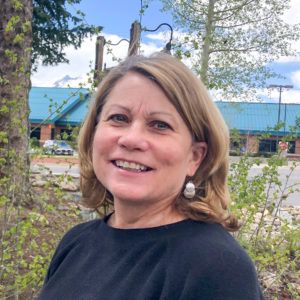Regional Dialogue on Incentivizing Mass Timber to Reduce Climate Change
Meridian designed and facilitated a regional dialogue to advance the use of mass timber—an underutilized climate-smart alternative to concrete and steel for constructing even tall buildings.
Focus Areas
Climate Action
Globally, building materials and construction produce about 11% of annual greenhouse gas emissions. At the same time, city populations are rising, with estimates that by 2050, the world’s urban population will more than double. Given these prospects, implementing climate-smart building solutions for growing urban populations is key to meet both environmental and economic development goals. Meridian facilitated a regional dialogue to advance the use of one such solution, mass timber, in central New England and eastern New York.
Mass timber is a familiar yet cutting-edge building technology that can be used to construct climate-smart structures. While it is in use throughout the world, its utilization in the region has been lower, despite a strong forestry history and extensive forest cover. With barriers like outdated building codes and debates over the role of forestry in climate mitigation, advancing this climate solution required unifying diverse experts who often work in siloes. At the same time, Massachusetts’ Clean Energy and Climate Plan for 2030 requires land-based sequestration and storage that cannot be achieved through its land base alone—meaning regional cooperation is essential. To catalyze this collaboration, Meridian designed and facilitated a dialogue process engaging 35+ experts with a diverse range of expertise in forest and land management, climate science, policy, permitting and regulation, economic development, architecture, and building with mass timber. Over the course of 10 months in 2020-2021, the experts shared information, completed new analyses, and developed recommendations for state policymakers through a consensus report.
This final report represents a consensus of state government leaders alongside a diversity of stakeholders from four states on a complex issue—with tangible recommendations policymakers and the Dialogue’s membership can carry forward through their sectors. In addition, the process for collaboration can be a model for advancing mass timber in other regions to achieve climate and economic development goals.
Project Team
Learn more about the team that led the Regional Dialogue on Incentivizing Mass Timber to Reduce Climate Change.



